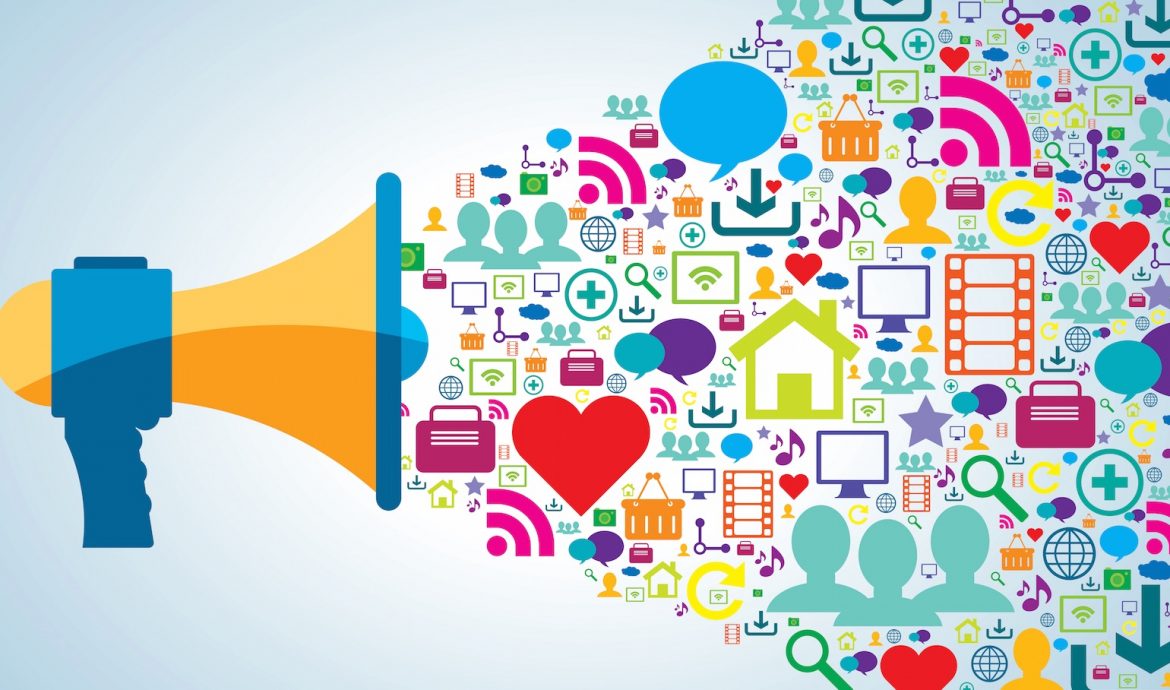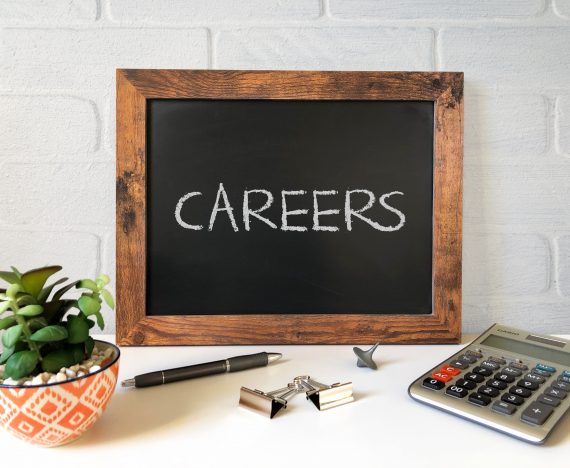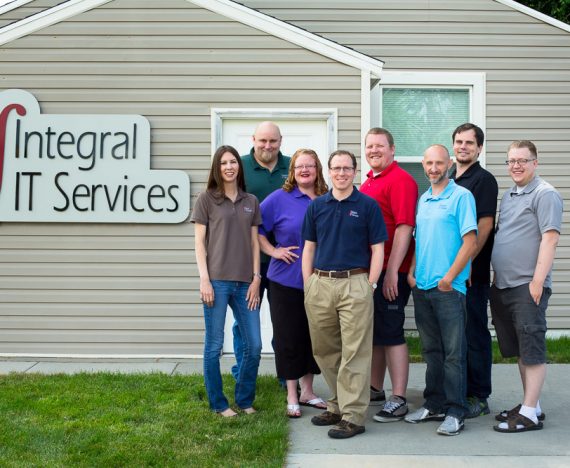— Written as a paper for my WGU English Course 2021
Do we know the effects of social media has on our growing generations? A 2017 study of 8th – 12th graders found that depression has increased by 33% between 2010-2015 (Etactics, 2020). We have a growing issue with mental health in our upcoming generations caused by social media networks with the “like” button, sharing our opinions, and addiction that have greatly impact the growing generations.
When Facebook first started, they did not have the “like” button. Today our world though is all about likes and dislikes. When you start liking or disliking posts or photos it instantly creates a world of judgment. Even the Facebook designer Justin Rosenstein who created the feature for Facebook has described as “bright dings of pseudo-pleasure that can be as hollow as they are seductive” (The Guardian, 2017). For example, let us say you are a teen girl and your friend has posted 20 photos of selfies of her wearing cute clothes and makeup every day for the past month. She has gotten hundreds of likes for it from people at school, mutual friends, and even strangers. How big of an impact does it have on not only the girl posting the photos but also the friends? Now a friend might have a feeling of competition, so she posts photos and tries, but say she got 20 less likes then her friend. In most cases that person is not going to feel good about her self-worth. Linda Charmaraman, a senior research scientist at the Wellesley Centers for Women found that 21% of teens “felt down” about themselves after looking at social media. This has been studied over and over but nothing is done about it. The “like” button is impacting our society, but so is social media’s capability of posting and re-shares.
Another huge impact of social media is posts and re-shares. Your opinion about topics is shaped by your experiences, research, and your cultural group. You should have somewhat equal balance of those three items to shape your opinion. In the social media world unfortunately, it has been shifted heavily to your cultural group. Have you heard of anyone deleting you because you have another opinion? This creates an imbalance. It also creates a problem with others not sharing differing opinions. I personally find that I often chose not to give my opinion because of fear of being rejected for it. Regarding mental health this can foster depression because you do not feel like you can share your opinion. It can also make one opinion stand out as wrong or opposite feeling. For example, in this last presidential race I encouraged many of my “friends” on Facebook to do a survey to see where their opinions actually fell with the candidates. This prohibited the overwhelming cultural group opinions and based if off more personal beliefs and experience on many policies. Many of the people that followed the advice found they were more for a different party or politician than originally thought, me included. The ability to post and re-share is shaping opinions because of its overwhelming amount of cultural impact especially on personal mental beliefs.
Social networking is also built to grab our attention and keep it. In a recent documentary “The Social Dilemma” (Netflix, 2020) it talks about how it is the job of that company to have you spend as much time as possible on that site. It goes on and says we are the product. Because we are the product, they track everything about us to feed that attention. Take for example when you watch a bunch of cat videos. There is a reason why you get served more of them – it is because the computer algorithm is studying what you are interested in. So, you like cats here is an ad for cat food at PetSmart. Another example may be that you look at lots of things about Disneyland. The algorithm would then give you ads for hotels in that area. The Mayo Clinic did a study that said the following, “s 2016 study of more than 450 teens found that greater social media use, nighttime social media use and emotional investment in social media — such as feeling upset when prevented from logging on — were each linked with worse sleep quality and higher levels of anxiety and depression” (Mayo Clinic, 2020). Thus Social Media is a tool designed to grab our attention that is causing more anxiety and depression impacting our society.
Social media is a tool that when it was first created, we did not know the damages it could cause. It is creating massive mental issues we did not know it would. From likes and dislikes dictating ones self-worth. To opinions that can be shared but also could also become one sided if others do not speak out. It also can form opinions formed out of others with no personal experience or research of yourself. An addiction with the constant attention as well distracting you from real social interaction that we need. Can we fix this systemic problem? Unfortunately, I do not believe this falls on the tech industry shoulders. What has been built cannot be un-built. I would also say it was built with the best intentions and to make the product better. What I believe needs to be done is to take a step back from technology usage. To focus on personal interactions instead of virtual when possible. To know your worth and your children’s worth and talk together. That your “likes” do not matter, but how you feel matters. To turn off the notifications and the constant need to look at your phone. Respect and listen to others’ opinions even when they do not match your own. With that the mindset of willingness to change if you should. Mental issues are huge and can be helped as we limit social media in our lives to address this growing problem in upcoming generations.






Comments are closed.